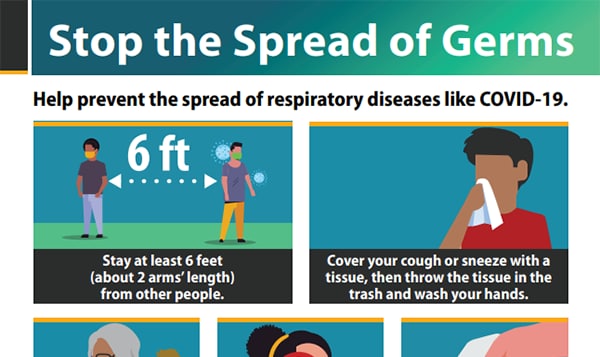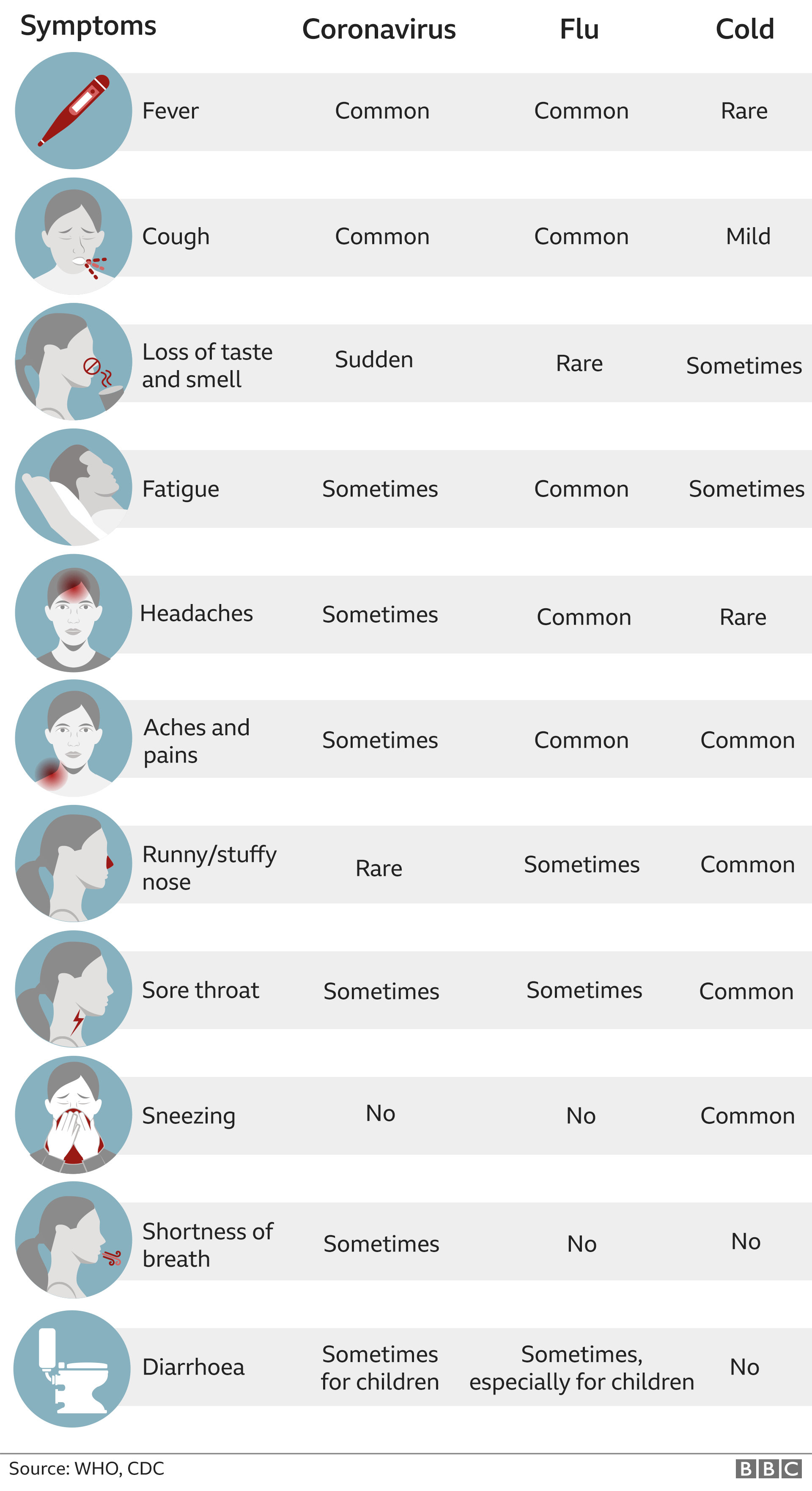

We encourage people to get their “annual flu shot” not a “flu booster.” Calling it an updated COVID vaccine also reflects that we’re not just boosting existing immunity from previous vaccination rather, the vaccine builds a new immune response to variants that are currently circulating. The change in wording reflects that we’ve begun treating COVID like we treat influenza, with annual vaccination. The FDA has shifted from calling this a booster to calling it an updated COVID vaccine. Is the new vaccine considered a “booster”? Additionally, BA.2.86 has not caused a surge of cases in the countries where it’s been detected it appears unable to compete with the other variants currently circulating. This is especially good news after the initial concern surrounding the variant’s high number of mutations. Laboratory data suggest that the updated vaccines will generate an immune response that recognizes the BA.2.86 variant. What about the vaccine’s effectiveness against the highly mutated BA.2.86 variant? The same is true for the FL.1.5.1 variant, which has been increasing in prevalence since mid-summer. Studies have shown that antibodies generated to the XBB.1.5 variant cross-react well with the EG.5 variant. Overall, studies show that the updated vaccine is effective against the variants currently causing the majority of COVID cases in the U.S.: EG.5, FL.1.5.1, and others in the XBB family.Īll viruses mutate, so while none of the variants circulating right now are exact matches to the vaccine, they’re all closely related to the XBB.1.5 strain it’s based on.

What do we know about how well the updated vaccine works against the variants currently circulating? With the holiday season ahead of us and cooler weather driving more indoor gatherings, experts recommend that everyone who is eligible get their updated COVID vaccine by mid-October. People at higher risk of severe illness should get an updated COVID vaccine as soon as possible. It’s an option people can consider if they are unable or choose not to get an mRNA vaccine.įor children ages 6 months to 5 years, vaccination is recommended, but the number of vaccinations are based on which vaccine (Pfizer-BioNTech or Moderna) they receive, as well as their age. Unlike Pfizer-BioNTech and Moderna’s mRNA COVID-19 vaccines, the Novavax COVID-19 vaccine is protein-based. The updated Novavax COVID vaccine is authorized for people 12 years and older.

According to updated CDC guidelines, individuals in certain risk groups may receive additional doses with their health care provider’s guidance. It’s recommended that everyone 6 months and older get vaccinated against COVID.įor individuals 5 years and older, one dose of the updated Pfizer-BioNTech or Moderna COVID vaccine is recommended. With the updated COVID vaccines, we're back to what is called a monovalent vaccine, meaning there's only one component-that XBB.1.5 variant-compared with the previous bivalent COVID vaccine. They are the only COVID vaccines that are available this season. The updated COVID vaccines for the fall/winter 2023-24 season are based on a variant called XBB.1.5. What is different about the updated COVID vaccine? In this Q&A, Andy Pekosz, PhD, a professor in Molecular Microbiology and Immunology, shares all the details about the updated vaccine, including what makes it different from previous COVID vaccines, who should get it, and whether it’s safe to get it alongside vaccines for other fall viruses like flu and RSV.

Updated COVID vaccines are designed to target the variants currently circulating and are recommended for everyone 6 months of age and older. Editor’s note: This article was updated on Octoto include information on the updated Novavax COVID-19 vaccine, which was authorized by the FDA and recommended by the CDC on October 3, 2023.Īs we head into fall, vaccines continue to be one of the best and safest ways to protect ourselves and our loved ones against severe COVID illness.


 0 kommentar(er)
0 kommentar(er)
